Studies Needed on the Oncogenic Potential of COVID-19 Vaccinations
Fact Checkers deny it but present no new data. We're doing Science - and taking deep dive into the question of plausibility using molecular evidence using Systems Biology
There has been some discussion on the oncogenic potential of SARS-CoV-2 vaccination - the ability of exposure to COVID-19 vaccines to increase the risk of cancers.
This study area is obviously high priority given the disease burden that could result from mass exposures. To assess plausibility, mechanisms of action (disease pathophysiology) studies are needed.
A little background, and some detail on our project:
Background
Autoimmunity or other molecular antagonism against important cellular processes can lead to cancer. Disruption of processes that mediate DNA replication and repair, for example, or regulate cell division can be oncogenic. Given the importance of immune surveillance in our bodies against new precancerous cells, autoimmunologic impairment of the immune proteins and cells would not only spell disaster for infections, but could also lead to unchecked cancer growth.
The evidence in support of these possibilities is diverse, but hard evidence is difficult to find.
In my April 2020 paper warning against pathogenic priming, I wrote:
Pathogenic Priming
“Remarkably, over 1/3 (11/27) of the immunogenic proteins in SARS-CoV-2 have potentially problematic homology to proteins that are key to the human adaptive immune system (emboldened in Table 1). Mapping of the overall gene list to Pathways via Reactome.org revealed that many functions of the human adaptive immune system might be impacted via autoimmunity against these proteins and their interactors, including MCH(sic) Class I and Class II antigen presentation, PD-1 signaling, cross-presentation of soluble exogenous antigens and the ER-Phagosome pathway."
This sounds like an argument for vaccination, but it’s not. Subclinical mumps, measles and pertussis infections are well established in the vaccinated. Similarly, following vaccination, the repeated exposure to SARS-CoV-2 virus in the vaccinated might lead to silent, subclinical disease processes due to SARS-CoV-2 virus infection in spite of - or because of - vaccination. These chronic exposures may be more prevalent in the vaccinated than in those with natural immunity. Thus, the question is not merely “does vaccination increase the risk of cancer”, but is better posed as “does repeated exposure to SARS-CoV-2 infections in the vaccinated lead to increased risk of cancer”?.
Dr. Ryan Cole’s Observations
While pooh-poohed by so-called “Fact Checkers”, Dr. Ryan Cole of Idaho saw and in Aug, 2021 reported an uptick in uterine cancers in women who had been vaccinated.
Dr. Cole reported that he was seeing increases is herpes virus, mononucleosis, shingles, human papillomavirus, and uterine cancers.

Other Observations
Dr. Burkhardt reported that 93% of post-inoculation autopsies showed lymphocyte penetration in all organs and tissues, and Dr. Bhakdi commented on autopsy findings that cells in the lymph nodes being destroyed following vaccination.
Publications providing evidence of immune impairment
A number of publications support plausibility, and some have been dismissed without new evidence by so-called “Fact Checkers”. Important, the loss of CD8 cells in long-haul COVID was noted by Dr. Bruce Patterson (who I interview on Unbreaking Science on Jan 31, 2020). These are the natural killer cells Dr. Cole was concerned about.
We know that yes, loss of CD8 cells are associated with increased risk of cancer.
This study
is cited by these authors from the University of Texas MD Anderson Cancer Center, Houston, TX, who wrote:
“For instance, SARS CoV-2 proteins, can hijack the human immune response to pathogens and the DNA damage repair system, thereby damaging both innate and adaptive immunity”
The fact-checkers claim that Dr. Cole is mistaken, yet there it is.
Increase in All-Cause Mortality in the UK and Indiana
What We Should Expect in the Molecular and Epidemiologic Evidence
If vaccination sets forth a cascade of events that leads to increased cancer risk in the vaccinated, we should see biological pathways related to the specific cancer types being reported as elevated, including blood cancers and per Dr. Cole, uterine cancers.
In the epidemiologic data, there should be a pulse in the risk of cancer types that is not explained by the increased risk of cancer progression due to the cessation of cancer screening visits that occurred during the lockdown. Unlike the temporary pulse from lock-down related cancers, we should see a sustained increased in cancer rates over time in the vaccinated compared to the unvaccinated. This aspect of this question is not part of the current study, but will be part of another study we will launch later this year.
IPAK SARS-CoV-2 Spike Protein Oncogenic Potential Study
Most of the people vaccinated in the US received spike-only vaccines. Here’s what we intend to do
Using the known and published immunogenic epitopes in the SARS-CoV-2 spike protein, identity homologies (similarities) with known oncogenic proteins that could lead to autoimmunity against key cancer-related proteins. For this, we’ll canvas the Human Protein Atlas for genes which if mutated confer cancer risk and use the methodology laid out in (Lyons-Weiler, 2020).
Using pathway analyses, we will characterize which biological pathways are likely to be most influenced.
We will write the results up for peer-reviewed publication.
Our preliminary analysis tells us so far that yes, there appear to be impacted biological pathways (preliminary data):
Obviously, I hope this hypothesis is wrong, so we will attempt to disprove it via statistical hypothesis testing using gene enrichment analysis, a statistical technique conducted at the biological pathway level.
All of our studies are funded by the public. We have set up a dedicated donation portal for small monthly donations to IPAK, The Institute for Pure and Applied Knowledge, a not-for-profit in the Commonwealth of Pennsylvania, dedicated to this project. Funds used underwrite the costs of the study as well as any publication fees if we opt for open-access publication (an added step that we prefer to increase distribution).
All knowledge generated by IPAK via research is public domain - none of the knowledge can be used by IPAK for profitable ventures.
So, let’s see whether the hypothesis of increased oncogenic potential is plausible.

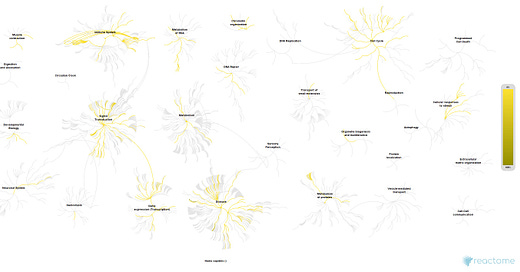



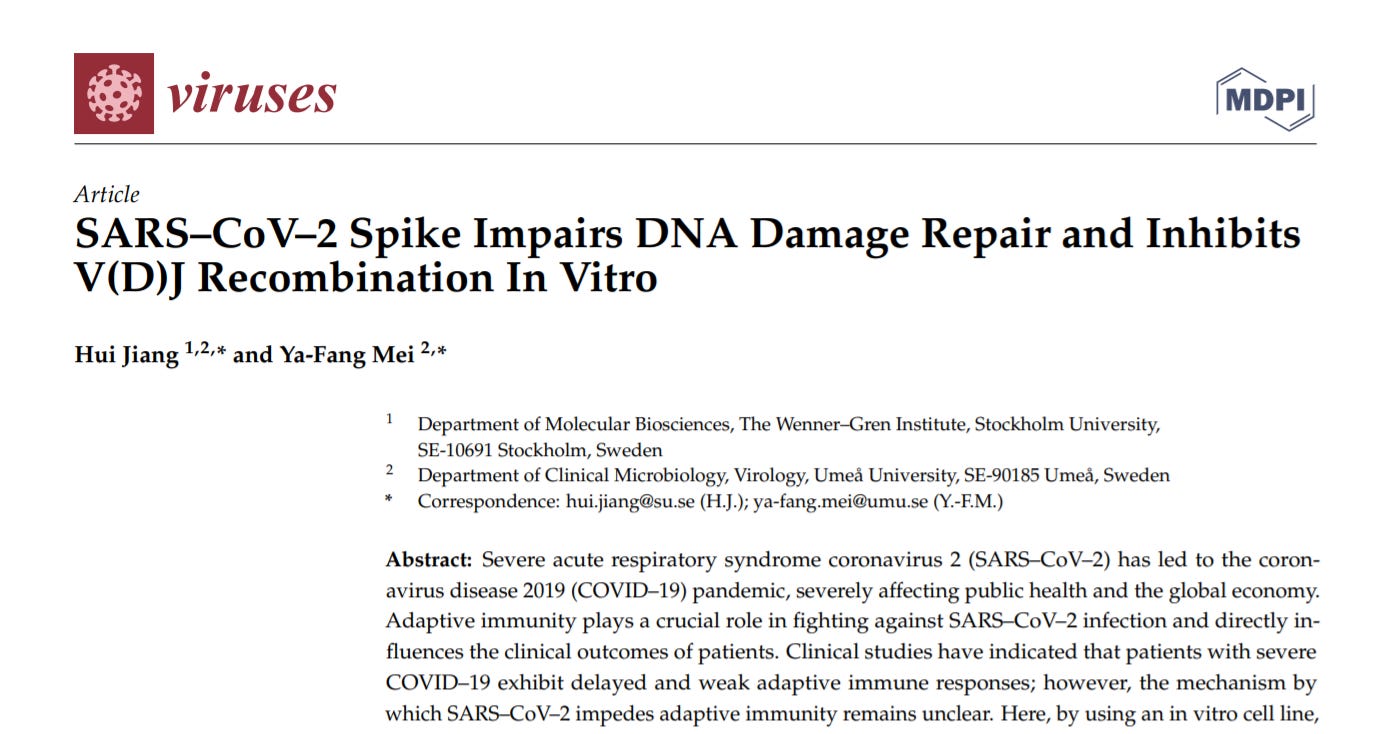
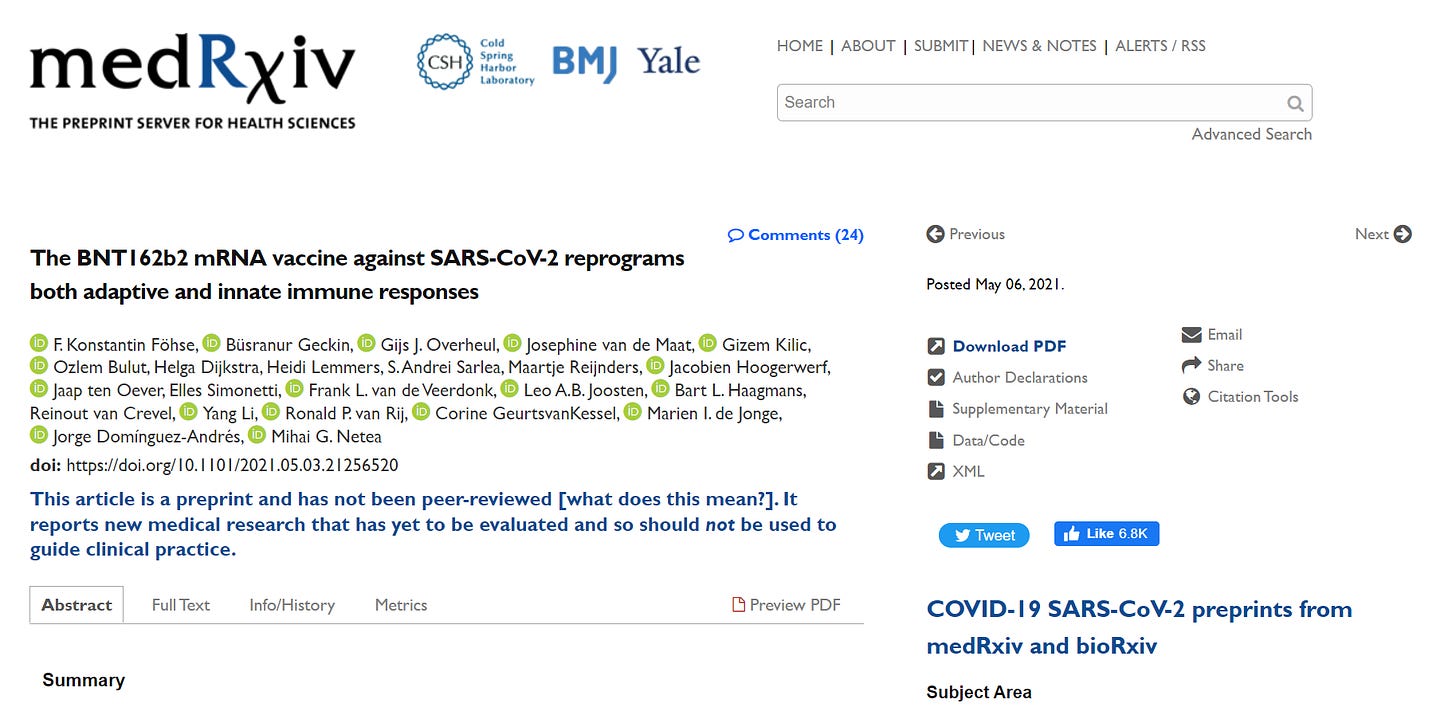
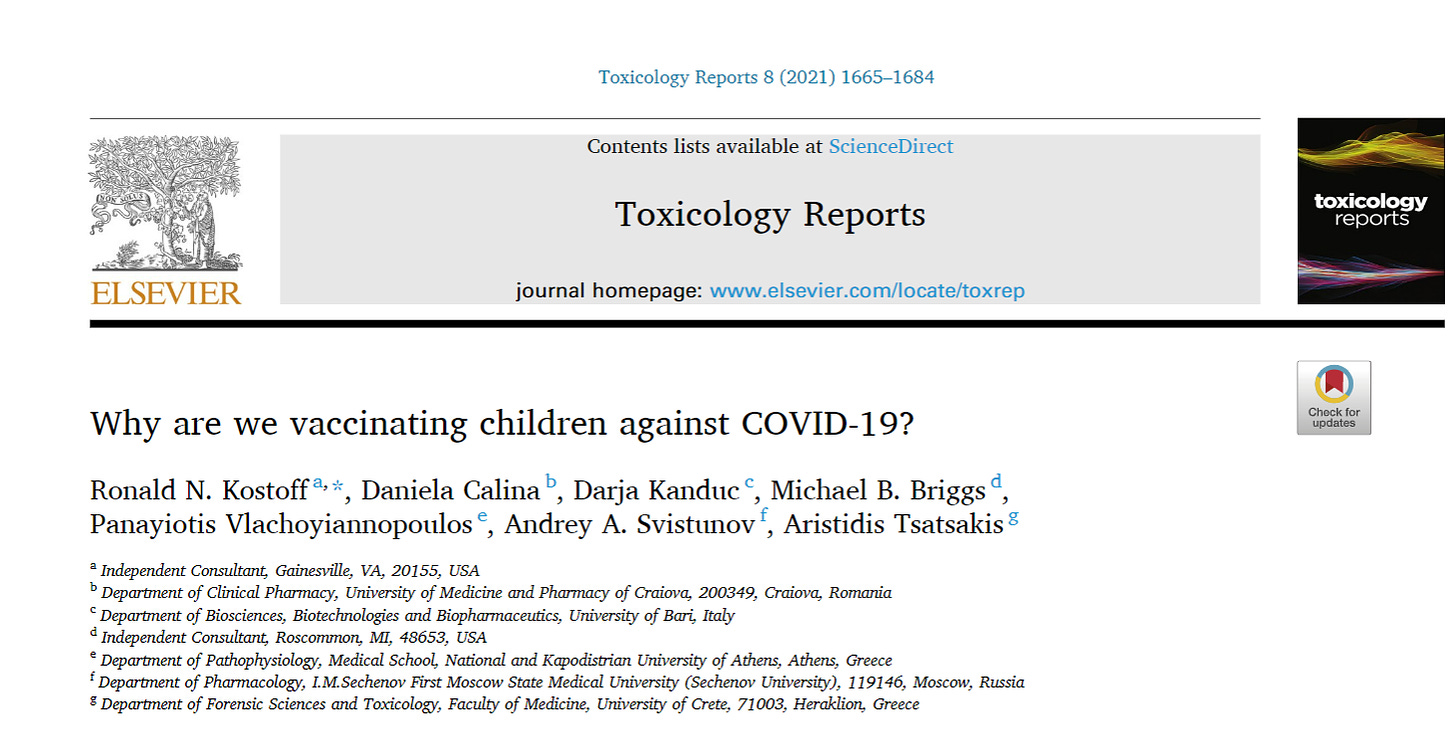

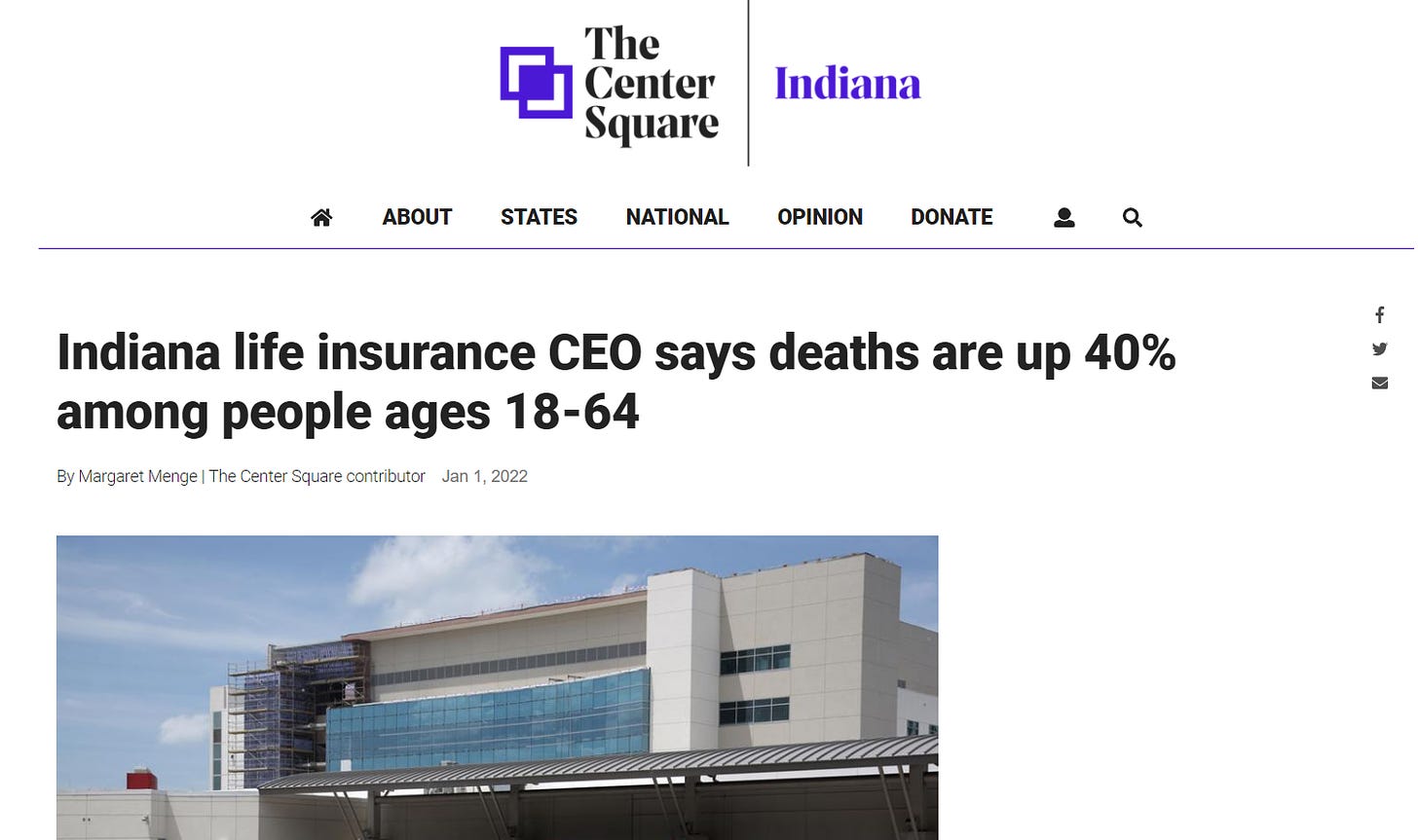

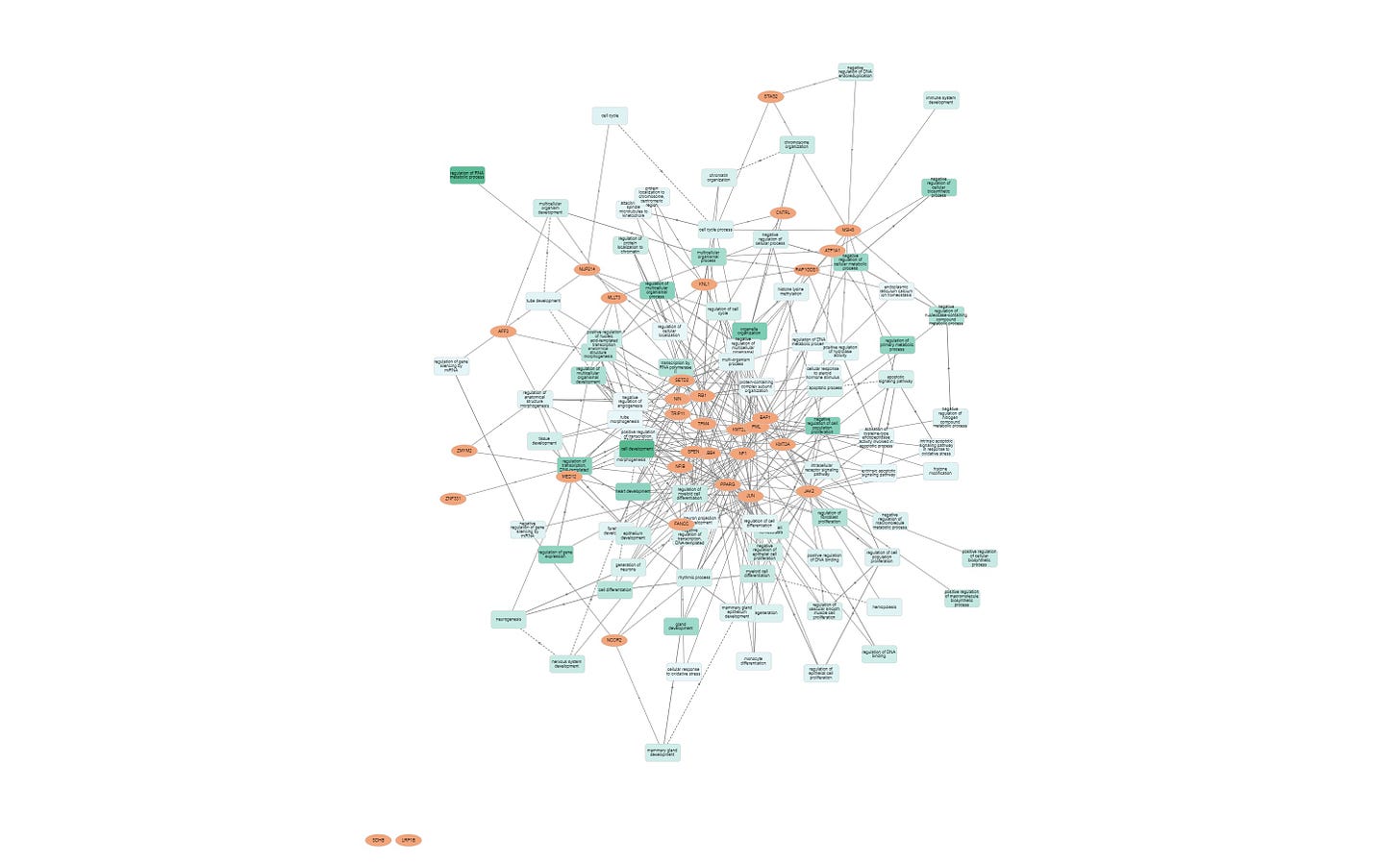
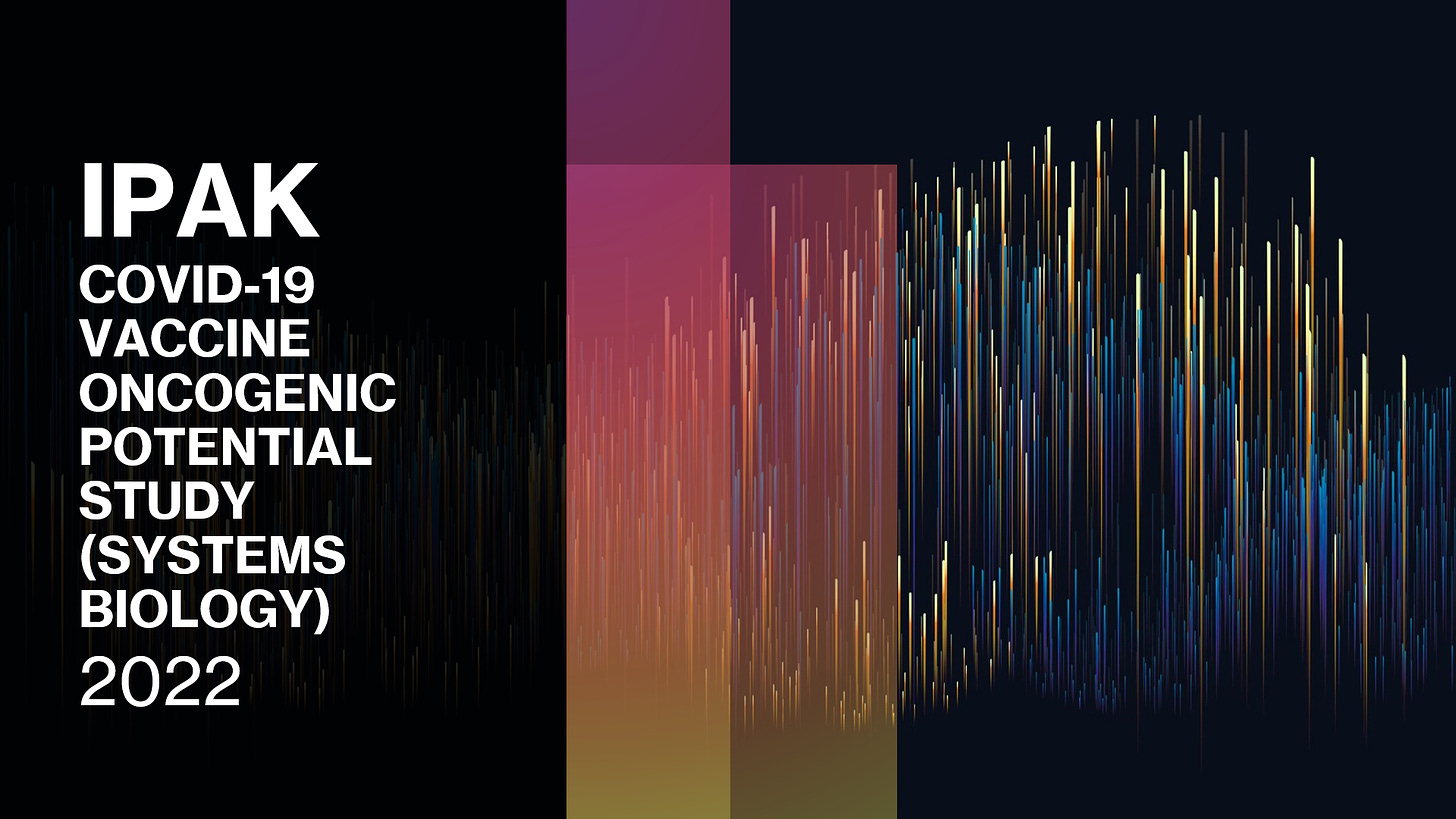
maybe one of these has something you're looking for:
The National Institute of Cancer helped sponsor this one. Can't say I've read many abstracts or papers discussing the infection of T-cells themselves, but I haven't checked it exhaustively.
SARS-CoV-2 may affect the immune response via direct inhibition of T cell receptor: Mechanistic hypothesis and rationale
https://www.ncbi.nlm.nih.gov/labs/pmc/articles/PMC8591858/
During co-evolution with their hosts, many viruses have evolved a membrane fusion mechanism to facilitate host cell entry. Examples are human immunodeficiency virus type 1 (HIV-1) and severe acute respiratory syndrome coronaviruses 1 and 2 (SARS-CoV-1 and SARS-CoV-2). These viruses can also infect immune cells (e.g., T cells), providing one of the possible mechanisms for the T cell lymphopenia observed in patients with these infections. Previously, we hypothesized and confirmed in vivo that like HIV-1, SARS-CoV-1 can use its fusion domain not only to enter the T cell but also to directly inhibit T cell receptor signaling. Here, based on the analysis of available structural and clinical data, we hypothesize that SARS-CoV-2 may use a similar "disarm the alarm" strategy to suppress immune responses. We also discuss the implications of this hypothesis for better understanding coronavirus disease 2019 (COVID-19) pathology, developing effective COVID-19 vaccines and improving clinical outcomes for COVID-19 patients.
I've been reading a number of papers on the anti-idiotype antibody subject and have noticed some interesting things. The following paper mentions "cancer" 42-times and "vaccine" 45-times.
The Promise of Anti-idiotype Revisited
https://www.ncbi.nlm.nih.gov/labs/pmc/articles/PMC6474207/
And there's the relationship to what's going on with SARS-CoV-2
Development of ACE2 autoantibodies after SARS-CoV-2 infection
https://pubmed.ncbi.nlm.nih.gov/34478478/
Activation of the immune system is implicated in the Post-Acute Sequelae after SARS-CoV-2 infection (PASC) but the mechanisms remain unknown. Angiotensin-converting enzyme 2 (ACE2) cleaves angiotensin II (Ang II) resulting in decreased activation of the AT1 receptor and decreased immune system activation. We hypothesized that autoantibodies against ACE2 may develop after SARS-CoV-2 infection, as anti-idiotypic antibodies to anti-spike protein antibodies.
Many patients with a history of SARS-CoV-2 infection have antibodies specific for ACE2. Patients with ACE2 antibodies have lower activity of soluble ACE2 in plasma. Plasma from these patients also inhibits exogenous ACE2 activity. These findings are consistent with the hypothesis that ACE2 antibodies develop after SARS-CoV-2 infection and decrease ACE2 activity. This could lead to an increase in the abundance of Ang II, which causes a proinflammatory state that triggers symptoms of PASC.
I was meandering through papers on NAD+, Sirtuins, and Niacin, as relates to cancer and these vaccines; (looking for potential 'smoking-gun' studies); when the fact of Niacinamide being the preferred NAD+ precursor during cancer-treatment, due to it not requiring Glutamine in the synthesis of NAD+, got me off those search-terms and onto the Glutamine metabolism track.
Papers found so far lead me to hypothesize that if these vaccines are destabilizing Glutamine metabolism, that is sufficient to answer at least some of the cancers. Interestingly, one paper revealed a Glutamine deficiency in advanced hospital Covid-cases. Competition for Glutamine between T-cells and Tumor-cells is well documented.
One question is what if we're mass-vaccinating into a Glutamine-deficient aged-population; with its preexisting propensity for cancer metabolism? At one end, they're not making it out of the hospital or nursing home. At the other, with weakened or altered T-cell signaling due to viral infection, T-cells lose the competition for Glutamine. Another question goes back to the related NAD+ metabolism. What if we're mass-vaccinating into a NAD+ deficient and/or a Niacin-deficient population? There's no 'discounting' for any of these considerations prior to shots being administered. What good is it to have our scientists find the commonality of Glutamine deficiency in advanced Covid cases and not notify everyone in headlines and covers of grocery store magazines?
Excerpts from an article by Dr. Thomas Levy:
The involvement of niacin in preventing cancer and chemotherapeutic side effects is not commonly recognized, but decades of research has established that niacin deficiency is common in cancer patients and cancer patients require larger amounts of niacin to correct deficiency. [4]
Generally, studies indicate that NAD functions as a preservative protecting cellular DNA from mutation and also preventing mutated cancer cells from surviving. Niacin deficiency promotes cancer by decreasing genomic stability, increasing the chances both for mutation and survival of mutated cancer cells.
Studies indicate that niacin deficiency delays DNA repair, promotes accumulation of DNA strand breaks, chromosomal translocations, telomere erosion typical of aging, and promotes cancer. Rat model studies indicate that most of these aspects of genomic instability are all minimized by the recommended levels of niacin. [5] Niacin deficiency also increases levels of the tumor suppressor p53. [6] Studies in mice indicate that mild niacin deficiency can cause an increased incidence of ultraviolet-B induced skin cancer. [7]
This review of 183 studies does a nice job of bringing together NAD+, PARP enzymes, Sirtuins, DNA repair, Cytotoxicity, and T-cell considerations.
NAD+-consuming enzymes in immune defense against viral infection
https://portlandpress.com/biochemj/article/478/23/4071/230375/NAD-consuming-enzymes-in-immune-defense-against